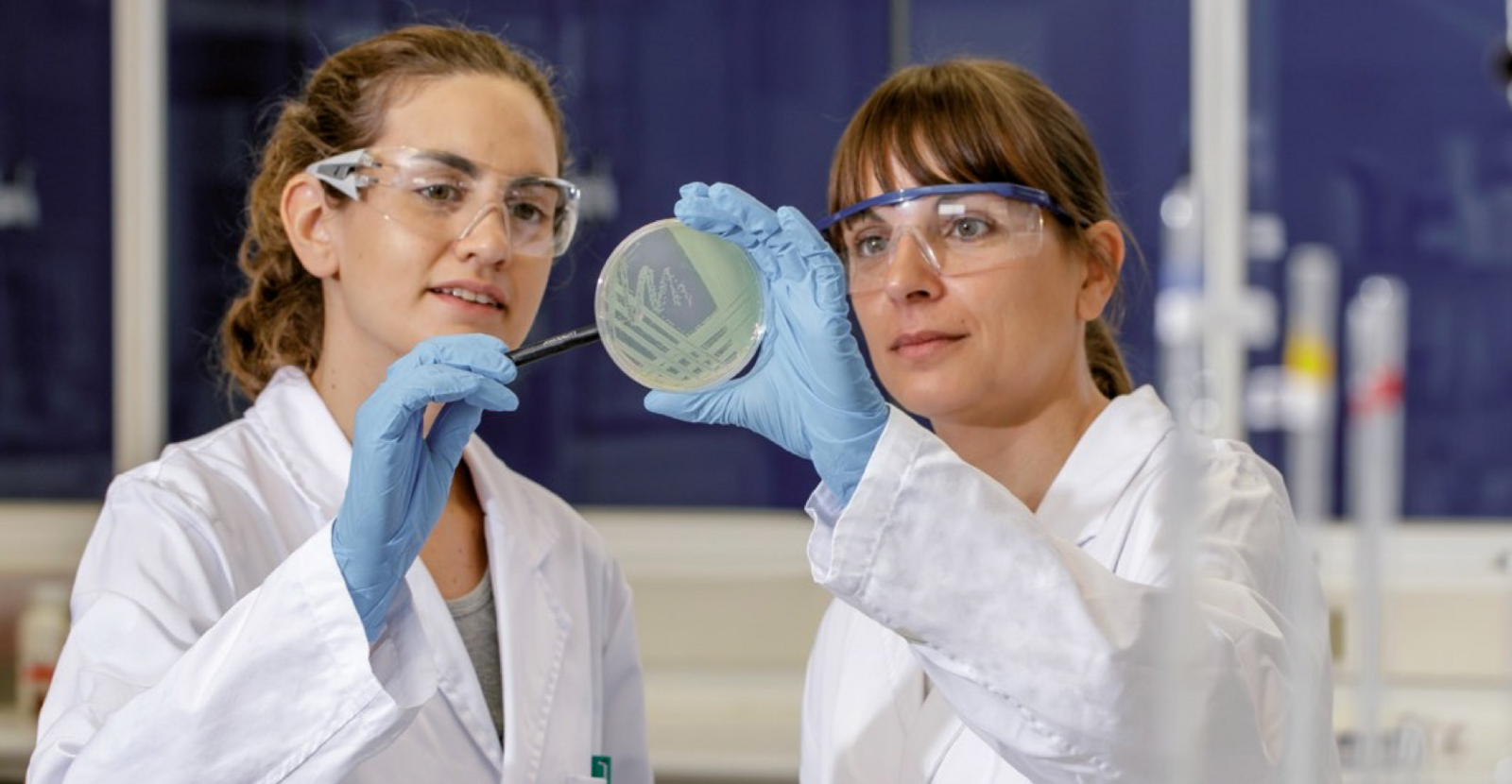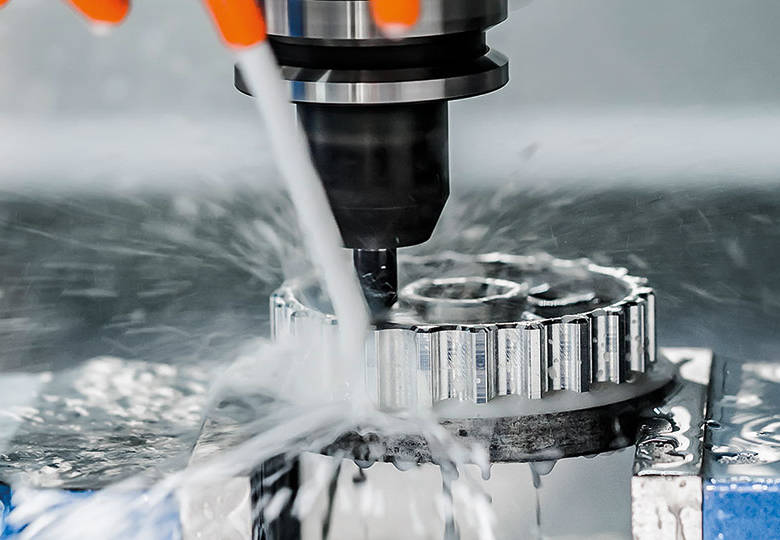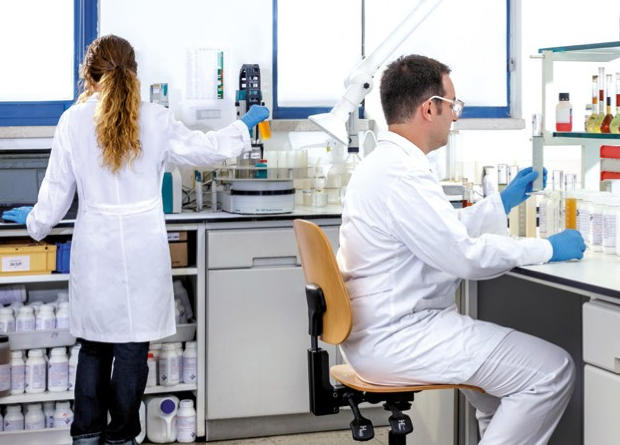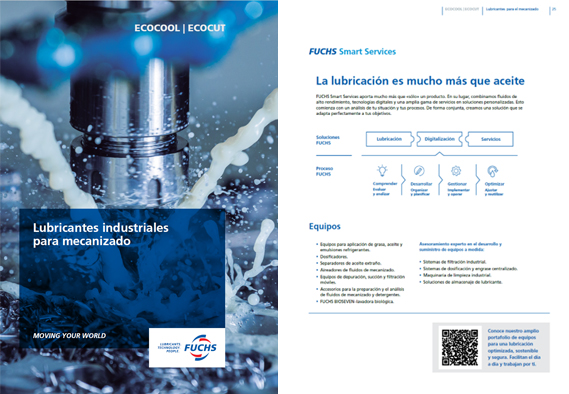Why is microbiology relevant to the lubricants industry?
For years, the lubricants industry has faced microbiological contamination problems in metalworking when using aqueous fluids.
The high water content, as well as the chemical composition of these fluids, provides a favourable habitat for bacteria and fungi. Bacterial degradation leads to the loss of key properties: variations in pH, the appearance of corrosion and a reduction in lubrication performance.
Inadequate maintenance of these fluids is often the reason for the appearance and spread of bacteria, fungi and yeasts.
Bacterial and fungal growth is known to be a potential threat to workers' health. Contact with certain micro-organisms can lead to respiratory and skin diseases.
The Spanish subsidiary of the FUCHS Group has its own microbiology laboratory, which is a standard for all the group's companies and in the metalworking industry in general.
Since the standard methods for microbiology used by the cosmetic, pharmaceutical or clinical industry are not directly applicable in the field of lubricants, our microbiology laboratory develops its own tests for bioresistance and identification of recurrent contamination, working in some cases with other leading laboratories, in the constant search for new, rigorously-evaluated testing systems that will continue to improve its accuracy, effectiveness and response time.
The FUCHS microbiology laboratory is involved in the design and development of more robust products, supporting the technical- commercial team by analysing samples of products in service in order to isolate and identify recurrent contamination, with the aim of defining the relevant corrective recommendations for our customers.






